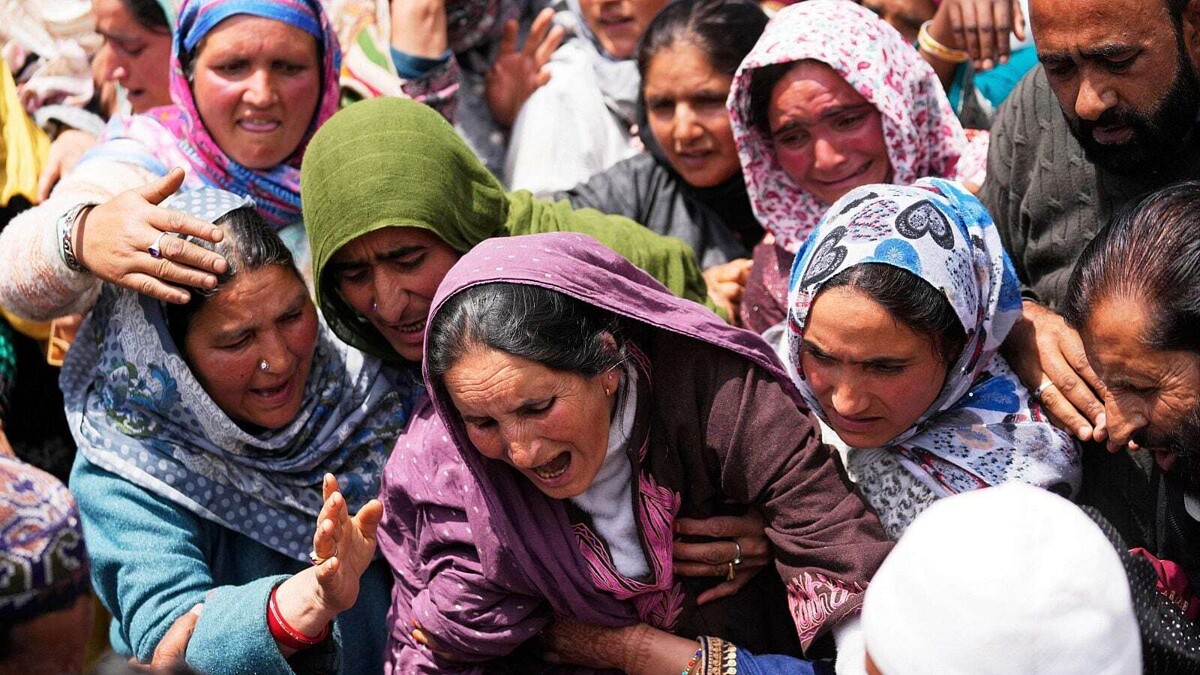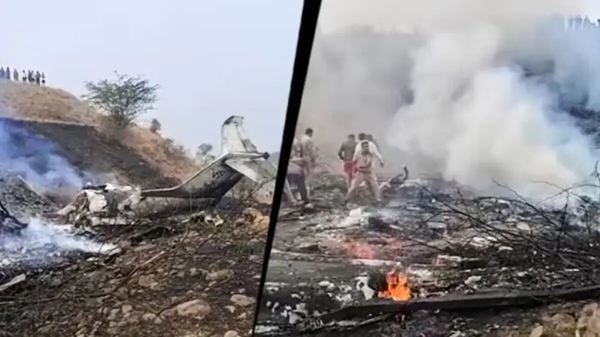
The government of India has launched one of the largest civil defense drills in decades, which will take place until Thursday in coordination with ground drills. This strategic maneuver aims to assess the response to emergencies and security threats across the country.
Key cities and sensitive areas, such as Delhi, Mumbai, Chennai, and Kolkata, along with regions near critical facilities like nuclear plants, hydroelectric dams, military bases, and refineries, are considered high-vulnerability areas. The drills will involve participation from various sectors of the population, including students, public and private sector workers, hospital staff, railway and metro authorities, as well as members of the armed forces, police, and emergency services.
In Delhi, an "Operation Abhyaas" will be carried out at 55 strategic points in the national capital. Despite the scale of the operation, authorities assure that essential services, such as trains, buses, flights, and public transport, will continue to operate normally.
The situation has become more tense after a Pakistani military spokesperson accused India of launching missile strikes at least at three strategic points, generating alert in the locality of Muzaffarabad following strong explosions in the mountainous region of Kashmir. Although the exact cause of the explosions has not been confirmed, the population remains on alert.
The central objective of this mega defense operation is to test the effectiveness of alert systems, communication, immediate response, and civil education in case of a possible armed conflict or large-scale emergency. Meanwhile, in Pakistan, uncertainty and alarm prevail, with citizens lacking access to electricity in various areas of Muzaffarabad and without clear information about current risks.
The international community is closely monitoring the situation, and there are fears of a new escalation between two nuclear powers. Although India has not provided details on potential military actions, the atmosphere in the region remains tense and alert.














